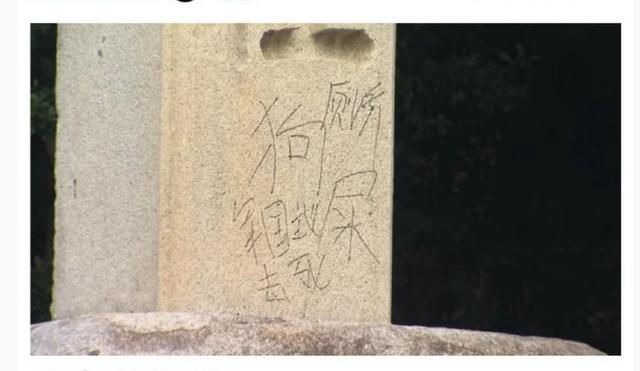Public trial of Yasukuni Shrine graffiti "toilet" case
The Yasukuni Shrine, located in the Toyoshima district of Tokyo, is a large-scale sacrificial site in Japan. It mainly honors war criminals of the war against China during World War II, including important figures such as Hideki Tojo and Tuke Itagaki. Due to its sensitivity, the Yasukuni Shrine has always been one of the focuses of Japanese political and military circles.

Recently, a piece of news called "Yasukuni Shrine Graffiti'Toilet '" has attracted a lot of attention. According to related reports, a man named "Onodera" painted graffiti on the walls near the Yasukuni Shrine as "toilet" on September 4, 2017, and used it as his personal declaration, claiming to vent his dissatisfaction to the Yasukuni Shrine. This behavior has not only aroused strong condemnation from local residents, but also unanimous criticism from people from all walks of life.
Some people think this incident is an uncivilized behavior and should be punished. Others think it is an insult to the Yasukuni Shrine and should be publicly apologized. The Yasukuni Shrine said it was aware of the situation and would take measures to prevent similar things from happening again.
However, this incident has not been understood and recognized by everyone. Some netizens believe that although this behavior appears to be a protest against the Yasukuni Shrine, it is actually using the Yasukuni Shrine to vent their grievances and is an irresponsible behavior. In addition, some people believe that the Yasukuni Shrine itself is a political issue and should not be accused of such accusations.
In any case, this incident reminds us that we should maintain a rational and objective attitude towards any sensitive topic, and not easily make extreme or unprovoked attacks. At the same time, we also need to realize that no matter who exercises freedom of speech, they should also abide by laws and regulations and social ethics, and respect the legitimate rights and dignity of others.